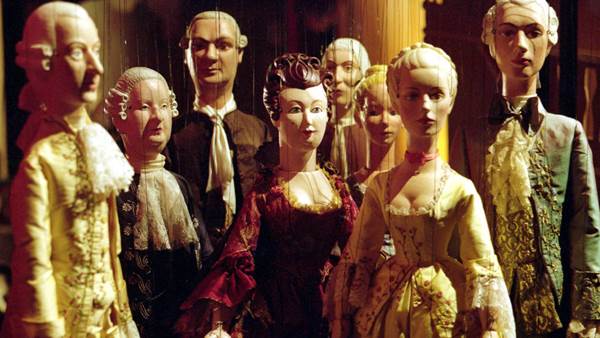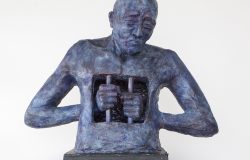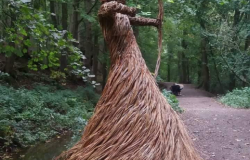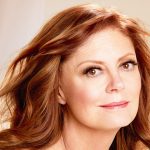Our family is the first groups we belong to. They teach us how to behave in other groups. Think about where you sat in your family dynamic on the scales outlined in the activity.
Were you more included or excluded in activities and conversations? Did you cause chaos and drama or try to induce peace and calm? Were you the one challenging the rules and comments made by your parents / care givers and siblings or were you the one who listened and did what was told? What about leading – did you dominate conversations and events or were you more behind the scenes following what others put together and said? Just place a cross on the scales in the activity sheet putting yourself closer to the one side or the other.
Remember this isn’t a judgment of right or wrong – it’s just your memory of how you played a role in your family.
Once we have greater awareness of how we showed up (and how we learned to show up) in our family we can better understand our default roles in other groups – friendship circles, working groups, business teams and sports teams. Finding patterns helps us better choose how we want to maintain or change our role in groups if we believe there is a more effective way for us to show up in relationship with others.
Every role we play in life is an enactment of our potentialities. If we feel or think we have greater potentialities and we don’t fully understand how to bring them into being, we need to understand how we show up in the current roles we play. Being more choiceful means we have greater understanding of ourselves in any given situation. When we haven’t examined our lives we have less choice about who we are and how our potential is lived out in a situation.
Think about who you are and who you want to be. Do these two ideas match. If not, what might you choose to change?
Here is Activity 5_Roles we Play






